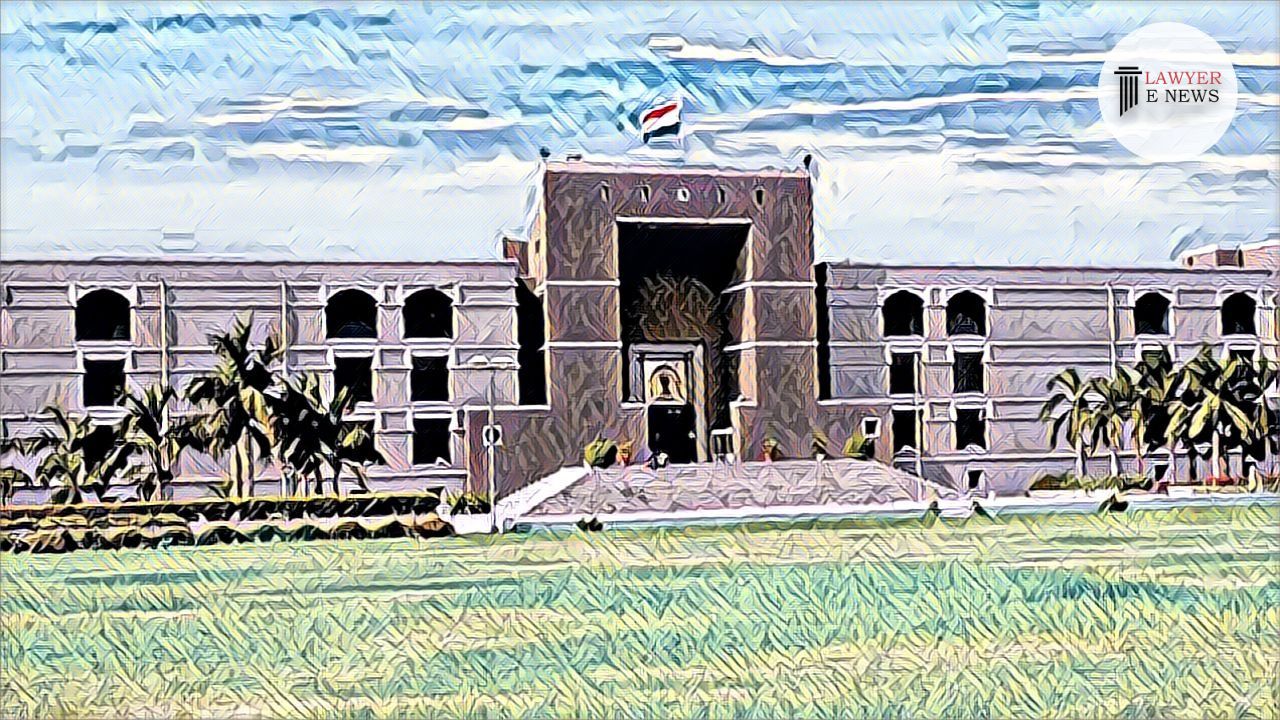-
by sayum
16 February 2026 8:46 AM



The PNGRB Act came into effect on 1.10.2007, and mandated authorization by the Board for the laying, building, operating or expanding any city or local natural gas distribution network. The Board issued a press note directing entities engaged in CGD activities with or without authorization of the Central Government, to submit relevant details.Adani's activities were restrained, and a direction was given to obtain authorization from the Central Government. The Board eventually granted Adani provisional clearance to carry out certain capital works in the Ahmedabad area, including the disputed areas of Sanand, Bavla, and Dholka. Adani's CGD network in Ahmedabad excluded from provisional authorization granted by the Board on 12.07.2010. The disputed areas were excluded from this provisional authorization. On 1.10.2015, the Board invited bids for development of CGD networks in those disputed areas. Adani approached High Court petition sought quashing of the grant of authorization to Gujarat Gas and challenging the vires of Regulation 18 framed by the board. Adani had applied for and was granted authorization with respect to Khurja area in Uttar Pradesh. Adani accepted that authorization and never protested against it. The High Court held that the challenge to Regulation 18 of the CGD Regulations was only when it suited Adani's convenience. Section 17(2) of the PNGRB Act provides for distinction between entities authorized by the Central Government and those not so. The Parliament had given a chance to such entities to apply for authorization to respondent Board in respect of the areas in which they were active before the appointed day. If section 16 is interpreted to mean "deemed authorization" even to entities operating without such executive order/authorization, such interpretation would run contrary to the Presidential Reference. The PNGRB Act empowers the respondent Board to lay, build, operate or expand such pipelines or city or local gas distribution networks. The said applications have to be decided in a transparent and objective manner as provided for in the Act and the regulations framed by the Board.Adani has failed in its legal challenge to PNGRBP's Regulation 18(2)(d) on work carried out before the appointed day. The High Court dismissed Adani's writ petition, finding that the regulation is in furtherance of the objects of the PNGRB Act.Appeal to supreme court. The following points arise for consideration 1. The scope of the “deemed authorization” clause under the proviso to Section 16 of the PNGRB Act 2. Validity of Regulation and 3. Whether the exclusion of the disputed areas from the authorization granted to Adani was justified. 1.The Court categorically held that States had no legislative competence to enact laws on the subject of natural gas and liquefied natural gas. It also held that the Gujarat enactment of 2001, insofar as it related to natural gas or liquefied natural gas was without legislative competence and that the act was ultra vires the Constitution. Overruled. 2.Validity of Regulation 18 heldRegulation 18 was meant to provide a uniform standard whereby such State authorised entities’ projects could be evaluated and granted authorization, if need be. The challenge to the regulation on the ground of arbitrariness, and violation of Article 14, therefore, fails. 3.Whether Regulation 18 is ultra vires the PNGRB Act. There is a presumption in favour of constitutionality or validity of a subordinate legislation and the burden is upon him who attacks it to show that it is invalid.It is also well recognized that a subordinate legislation can be challenged under any of the following grounds: Lack of legislative competence to make the subordinate legislation. Violation of fundamental rights guaranteed under the Constitution of India. Violation of any provision of the Constitution of India. Failure to conform to the statute under which it is made or exceeding the limits of authority conferred by the enabling Act. Repugnancy to the laws of the land, that is, any enactment. It is a well-established principle that the rule or regulation making authority cannot travel beyond the scope of the enabling parent Act.Held that the challenge to Regulation 18 cannot succeed; Adani’s arguments on this aspect are accordingly rejected.4. whether the exclusion of the disputed areas from the authorisation granted to Adani was justified.The doctrine of approbate and reprobate is based on the principle of estoppel. Paraphrased, it implies that one cannot challenge a decision, from which an advantage is enjoyed. Appeals fail and are dismissed. In the circumstances, Adani shall bear the costs quantified @ ₹10 lakhs, payable to the Union of India.
September 28, 2021
ADANI GAS LIMITED VERSUS UNION OF INDIA & ORS.
